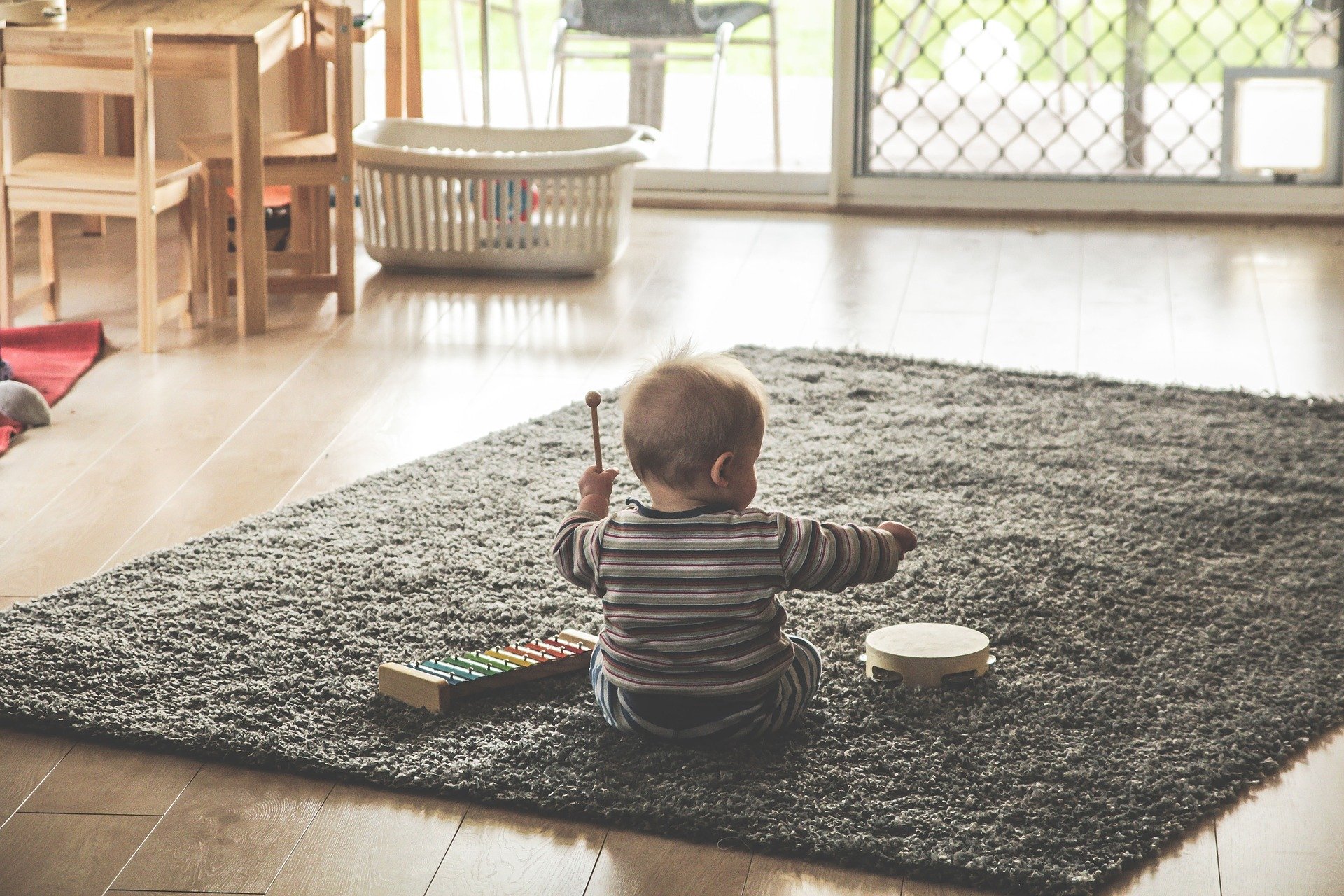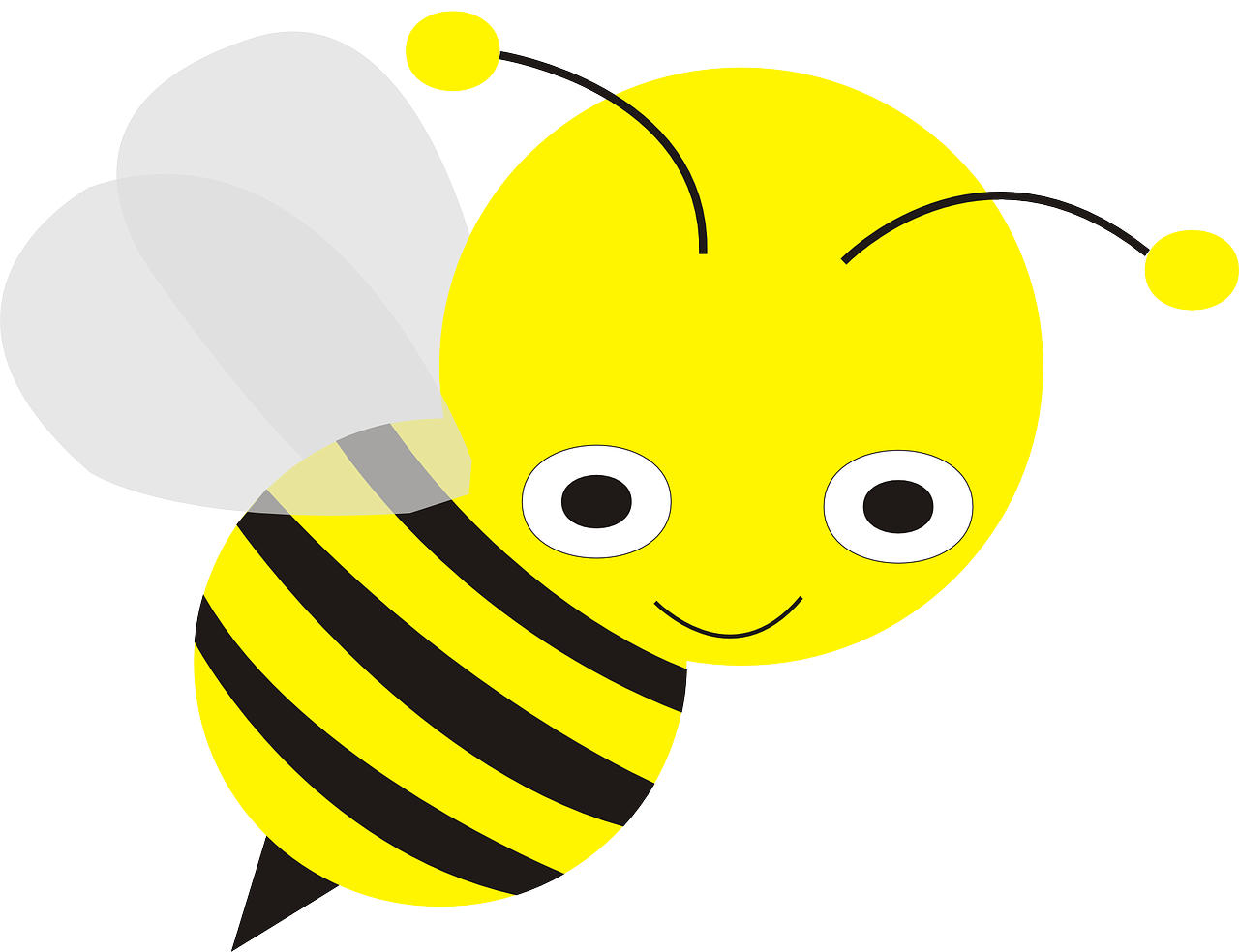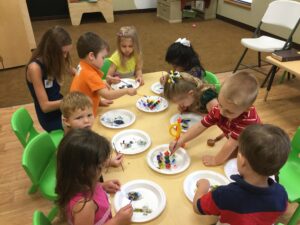
Three studies show a link between pre-birth exposure pesticides widely used on food crops and lower intelligence scores in children.
The effect is especially noticeable in kids from a California farming region. An area where they and their mothers were also potentially exposed to pesticides on local crops.
The pesticides, organophosphates, kill insects by disrupting their brains and nervous systems. First developed in a more potent form as nerve poisons during World War II, they can disrupt people’s nervous systems as well, according to the U.S. Environmental Protection Agency.
Growing Evidence of Pesticide’s Effects on Pregnancy
The research doesn’t prove that organophosphate exposure is bad for the developing brains of infants and children. That may be impossible to confirm. Ethical constraints prevent scientists from randomly assigning kids to be exposed to pesticides to see what happens.
Still, “there’s a body of evidence that’s beginning to build” in support of a link, said Brenda Eskenazi, co-author of one of the studies and director of the Center for Environmental Research and Children’s Health at the University of California, Berkeley.
Although organophosphates are no longer used in bug-killing products designed for the home, they remain common in agriculture, the researchers noted.
Exposure to the pesticides in pregnant mothers showed lower IQ scores in their kids by age 7.
Two of the studies, conducted by researchers at Mt. Sinai Medical Center and Columbia University, examined kids in New York City, while Eskenazi’s study looked at 329 kids and their mothers in the Salinas Valley area of central California.
All of the studies found links between exposure to the pesticides in pregnant mothers and lower IQ scores in their kids by age 7.
In the Salinas Valley study, researchers looked at signs of pesticide exposure in urine taken from the mothers during pregnancy and later from their children.
The researchers found that every 10-fold increase in organophosphates detected during a mother’s pregnancy corresponded to a 5.5-point drop in overall IQ scores in her children by age 7.
In fact, the 20% of the children whose mothers appeared to have been exposed to the least pesticides had about a 7-point higher IQ level, on average, than those in the 20% born to mothers with the highest exposure, the researchers reported.
Equivalent to about six months of brain development
The difference is equivalent to about six months of brain development in a typical child, Eskenazi said. And the differences remained even when the researchers adjusted their statistics.
Eskenazi pointed out that the exposure might result in more children in need of special education and other services.
The studies show more of an effect in Salinas Valley than New York City,. Suggesting that the California kids were exposed to more pesticides because they live near farms where these chemicals are used.
How can parents lower their family’s exposure to pesticides?
- Reducing exposure during pregnancy is important.
- Take steps to prevent pests from getting into the home, rather than trying to manage them with pesticides.
- Buy organic produce to avoid pesticides
- Wash those fruits and vegetables well. Get a brush to scrub them, especially if they’re hard-skinned fruits and vegetables. If they have a peel, you still need to wash them
Communities should pursue integrated pest management strategies that use a combination of methods and aim to reduce use of chemical pesticides.
Hope for the Future
The pesticides in question may be on their way to becoming less of a risk: Eskenazi said they’re less popular today than in the past. “The industry has been responsive,” she said. “We are definitely seeing a drop, and we’re seeing an increase in organic cropland.”
SOURCES: Brenda Eskenazi, Ph.D., director, Center for Environmental Research and Children’s Health, and professor of epidemiology and maternal and child health, University of California, Berkeley; and Mary A. Fox, Ph.D., M.P.H., assistant professor, health policy and management department, Johns Hopkins Bloomberg School of Public Health, Baltimore; , Environmental Health Perspectives.














